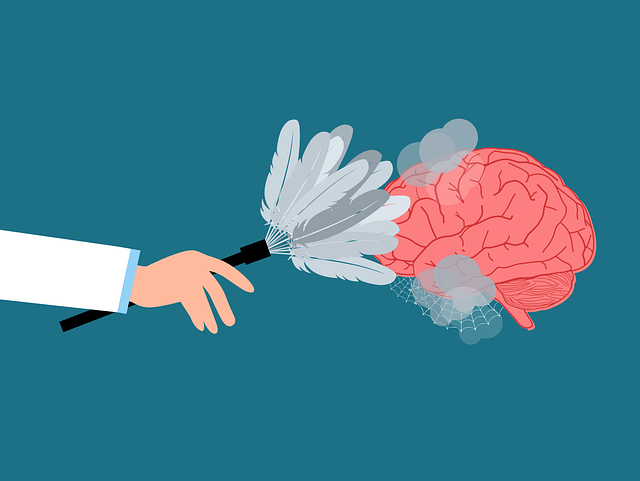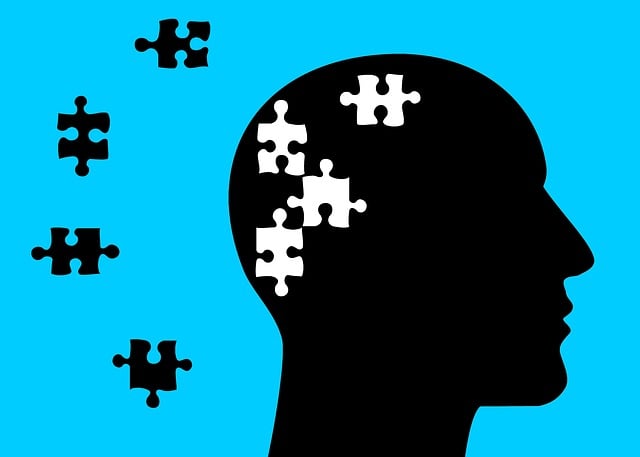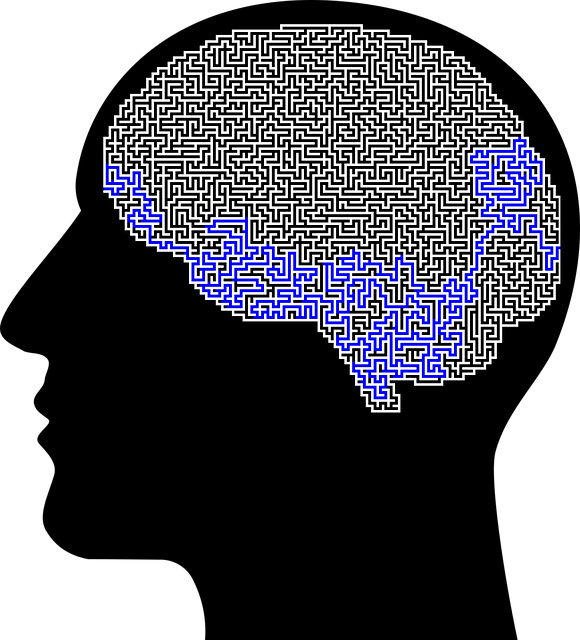French-speaking countries prioritize early mental health intervention and therapy for young children, emphasizing risk assessment and empathy-building strategies. However, language barriers, especially in accessing therapy tailored to French-speaking youth, hinder effective care. To address this, creating a Mental Wellness Podcast Series in French is essential to break stigma and educate the community. Systemic and cultural obstacles, such as a lack of therapists fluent in French, delay or prevent service. Incorporating cultural competency training for therapists and tailored education programs is crucial. Advocacy efforts and collaborative initiatives improve access to culturally competent therapy, with successful examples like Quebec, Canada, where lobbying secured government funding for sensitive mental health programs within schools.
Mental health policy analysis and advocacy play a pivotal role in shaping supportive systems for young children’s well-being globally. This article explores these aspects through several lenses. We begin by examining mental health policies from a global perspective, focusing on young children. The significance of French-speaking communities in mental health advocacy is highlighted, especially regarding access to therapy for young French speakers. We then offer effective strategies for policy analysis and discuss successful advocacy initiatives for child mental health services through compelling case studies.
- Understanding Mental Health Policies: A Global Perspective on Young Children's Well-being
- The Significance of French-Speaking Communities in Mental Health Advocacy
- Barriers and Challenges: Accessing Therapy for Young French Speakers
- Effective Strategies for Policy Analysis: Unlocking Resources and Support
- Case Studies: Successful Advocacy Initiatives for Child Mental Health Services
Understanding Mental Health Policies: A Global Perspective on Young Children's Well-being

Mental health policies play a pivotal role in fostering well-being among young children globally. These policies aim to create supportive environments that promote healthy development and prevent mental health issues early on. In many French-speaking countries, access to therapy for young children has become a significant focus, recognizing the importance of addressing emotional and psychological needs at a tender age. Early intervention is key in enhancing self-esteem improvement and ensuring these children grow up with robust mental resilience.
Comprehensive mental health policies incorporate risk assessment strategies for both children and mental health professionals to ensure safe and effective practices. By integrating empathy building strategies into therapy, healthcare providers can create deep connections with young clients, fostering trust and openness. This personalized approach contributes to improved outcomes, especially when tailored to meet the unique needs of French-speaking communities.
The Significance of French-Speaking Communities in Mental Health Advocacy

French-speaking communities often face unique challenges when it comes to mental health advocacy and access to services. In many countries, the availability of therapy for young children in French is limited, creating a significant gap in support for francophone families. This linguistic barrier can deter individuals from seeking necessary mental wellness coaching programs and self-care routine development tailored to their specific needs.
Addressing these disparities requires dedicated efforts to produce a Mental Wellness Podcast Series that caters to the French-speaking audience. Such initiatives can raise awareness, dispel stigma, and educate community members on various aspects of mental health. By incorporating culturally relevant content, these podcasts can encourage open conversations and foster environments where individuals feel comfortable discussing their experiences and seeking appropriate therapy for young children, ultimately improving overall mental wellness within these communities.
Barriers and Challenges: Accessing Therapy for Young French Speakers

Accessing therapy for young French-speaking children is often fraught with challenges due to systemic and cultural barriers. One significant hurdle is the limited availability of therapists who are proficient in French, leading to delays or even denials of service for families who primarily speak the language at home. This linguistic disconnect can exacerbate existing issues, as communication strategies tailored to French-speaking communities may be lacking in traditional therapy settings.
Additionally, cultural nuances and mental health education programs designed for diverse populations must be integrated into the healthcare system. Many young French speakers come from immigrant or minority backgrounds, which may influence their perceptions of mental health and willingness to seek help. Effective mood management requires therapists who understand these cultural contexts, fostering trust and encouraging open dialogue.
Effective Strategies for Policy Analysis: Unlocking Resources and Support

Effective mental health policy analysis requires a comprehensive approach that leverages available resources and supports. One key strategy is to incorporate self-awareness exercises tailored for young children speaking French. These exercises can help identify early signs of mental distress, promote resilience, and facilitate open communication between parents, caregivers, and educators. By integrating such practices into community programs and educational settings, we can foster a culture of mental wellness among the youth population.
Moreover, advocacy efforts play a pivotal role in shaping mental health policy. This involves raising awareness about the unique needs of French-speaking communities, especially regarding access to culturally competent therapy for young children. Effective advocacy campaigns can mobilize stakeholders, including policymakers, healthcare providers, and community leaders, to support the development and implementation of mental wellness coaching programs. Such collaborative efforts ensure that policies reflect the diverse cultural contexts and linguistic requirements within these communities, ultimately enhancing mental health outcomes for French-speaking youth.
Case Studies: Successful Advocacy Initiatives for Child Mental Health Services

Successful advocacy initiatives for child mental health services have been seen worldwide, with some standout examples highlighting the power of community engagement and innovative policies. In Quebec, Canada, for instance, advocacy groups have been instrumental in expanding access to therapy for young French-speaking children by lobbying for increased government funding and advocating for culturally sensitive mental health programs within schools. This initiative not only improved the availability of services but also ensured that these programs were tailored to meet the unique needs of Franco-Quebeckers.
Another successful approach involves leveraging conflict resolution techniques and mental wellness education programs designed specifically for children. These programs, often integrated into school curricula, teach young students coping mechanisms, emotional regulation skills, and promote positive peer interactions. By addressing mental health issues early on, these initiatives aim to prevent more severe conditions from developing later in life. Such efforts have been met with positive outcomes, demonstrating the effectiveness of community-driven advocacy in shaping robust mental health policies that prioritize the well-being of children.
Mental health policy analysis and advocacy play a pivotal role in ensuring accessible and quality therapy for young children, especially within French-speaking communities. By understanding global perspectives on child well-being, recognizing the unique challenges faced by these communities, and implementing effective strategies, we can overcome barriers to care. The case studies presented highlight successful initiatives that have improved mental health services for young French speakers, serving as a guide for policymakers and advocates worldwide. It is through continuous analysis, collaboration, and dedication that we can create a more inclusive and supportive environment for all children’s mental health needs.














